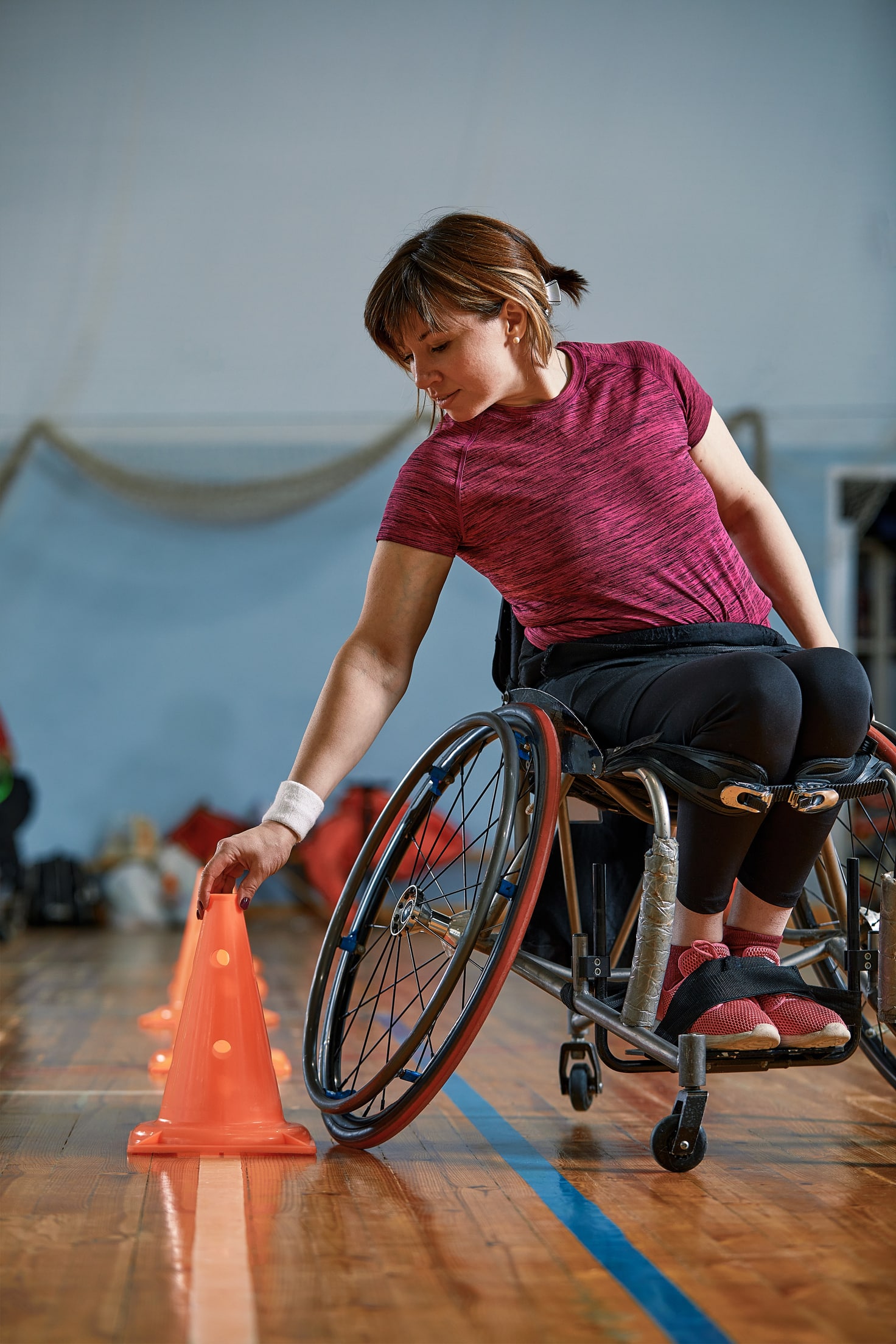The fashion industry is a complex landscape, marked by its fast-paced nature and ever-changing trends. In recent years, sustainability has become a key focal point in this domain, as consumers increasingly prioritize environmental and social concerns. Consumers have become more discerning, and are now challenging brands to take action on these issues. The impact of the fast fashion industry on the environment and human rights has been at the heart of this debate.
As fashion consumers begin to prioritize sustainability, independent UK fashion designers find themselves at a unique crossroads. They are posed with a grand opportunity to redefine their businesses by integrating sustainable practices into their supply chains. This article provides insights into how independent UK fashion designers can compete with fast fashion companies by adopting sustainable business models.
Also read : How to Develop a Local Sourcing Strategy for UK Gourmet Burger Restaurants?
Embracing Slow Fashion
Slow fashion is an approach to clothing production that emphasizes quality over quantity. It promotes the creation of clothes that last longer, reducing the environmental impact of the fashion industry. Slow fashion opposes the fast-paced, trend-driven model of mass-produced clothing that characterizes the fast fashion industry.
Independent designers can leverage slow fashion as a strategy to compete with fast fashion. It enables them to distinguish themselves in the crowded marketplace by offering unique, high-quality designs. Slow fashion also aligns with increasing consumer demand for sustainably made apparel, thereby helping them to attract the modern, conscientious shopper.
This might interest you : What Are the Key Considerations for Developing a VR Training Program for UK Emergency Services?
Sustainable Supply Chain Management
The fashion industry’s supply chain has a significant environmental impact. From the raw materials used to create clothing to the transportation and distribution methods, every step contributes to the industry’s carbon footprint.
To compete with fast fashion, independent UK designers can adopt sustainable supply chain management. This practice involves sourcing materials responsibly, reducing waste during production, and minimizing carbon emissions in transportation. Furthermore, working with suppliers who prioritize sustainability can further enhance a brand’s green credentials.
Ethical Business Practices
In addition to environmental impact, the fashion industry’s social impact is also under scrutiny. Consumers are increasingly concerned about ethical issues related to clothing production, such as labor conditions and wages.
Independent designers can seize this opportunity to differentiate themselves by adopting ethical business practices. This can include paying fair wages, ensuring safe working conditions, and being transparent with consumers about their business operations. Companies that prioritize social sustainability can build trust with conscious consumers, thereby gaining a competitive edge over fast fashion brands.
Innovative Design
Design plays a crucial role in sustainable fashion. By embracing innovative design techniques, independent designers can create clothes that are not only stylish but also made to last.
The concept of circular fashion is a key driver in sustainable design. Circular fashion encourages the use of materials that can be recycled or reused, extending the lifespan of clothes and reducing waste. Incorporating circular design principles can make a brand stand out in the market, appealing to consumers who are looking for unique, sustainable clothing options.
Consumer Education
Educating consumers about the impact of their fashion choices is key to promoting sustainability. Many consumers are unaware of the environmental and social implications of fast fashion. By being transparent and educating their customers, independent designers can foster a deeper connection with them.
Educational initiatives can include sharing information about the supply chain, providing insights into the design process, and discussing the benefits of buying sustainably made clothes. By doing so, designers can empower consumers to make informed decisions and contribute to a more sustainable fashion industry.
In conclusion, independent UK fashion designers can effectively compete with fast fashion by adopting sustainable practices. Through slow fashion, sustainable supply chain management, ethical business practices, innovative design, and consumer education, they can set themselves apart in the industry and cater to the growing consumer demand for sustainability. While fast fashion may currently dominate the market, the future of fashion lies in sustainability, and independent designers are perfectly poised to lead the way.
Reinventing Business Models for Sustainability
Independent UK fashion designers can effectively compete with fast fashion by reinventing their business models to focus heavily on sustainability. This means considering every aspect of their operation, from design to production, in a sustainable light. For independent designers, this could mean several things. First, they can work towards a slow fashion model that emphasizes quality and longevity over quantity and trends.
Slow fashion, as opposed to fast fashion, encourages the production and purchase of fewer items of clothing, but with much higher quality. This not only ensures that clothes last longer, thereby reducing waste, but also means that independent designers can compete on quality, not speed or price, effectively setting themselves apart from the fast fashion behemoths.
Implementing a sustainable business model also means addressing the supply chain. Independent designers have the advantage of being able to choose who they work with, and can therefore opt for suppliers who prioritize sustainability. This can include those who use environmentally friendly textiles, those who treat their workers fairly, or those who limit their carbon footprint during transportation and distribution.
Furthermore, sustainable business models should also emphasize ethical business practices. This includes fair wages, safe working conditions, and transparency about business operations. By doing so, independent designers can build trust with fashion consumers who prioritize these values.
Leveraging Innovation and Education
Another way independent UK fashion designers can compete with fast fashion is by leveraging innovation and education. In terms of design, they can utilize principles of circular fashion, which advocates for the reuse and recycling of materials, effectively prolonging the life of clothing items and minimizing waste.
At the same time, independent designers can also educate consumers about the negative impacts of fast fashion on the environment and the benefits of choosing sustainably made clothes. This could be done through marketing campaigns, social media, or even through the clothing tags themselves. By educating consumers, designers can foster a deeper connection with them, ultimately encouraging them to make more environmentally conscious choices.
Incorporating sustainable and ethical principles into their business models, independent designers can position themselves as the antithesis to fast fashion, catering to a market of consumers who are increasingly concerned about climate change and the environmental impacts of their clothing choices.
Conclusion
In an age where sustainability is a key concern, independent UK fashion designers are uniquely positioned to take the lead. By embracing slow fashion, sustainable supply chain management, ethical business practices, innovative design, and consumer education, they can create a unique point of difference and appeal to the growing number of conscious consumers.
In doing so, these designers are not only helping to reduce the negative impact of the fashion industry on the environment, but are also adding their voices to the sustainable fashion movement that is challenging and changing the industry’s status quo. Fast fashion might still be the dominant model today, but as consumer awareness grows and demand for sustainable options increases, it’s clear that the future of fashion lies in sustainability. Independent UK designers, with their ability to adapt, innovate and educate, are well-equipped to lead this change.











